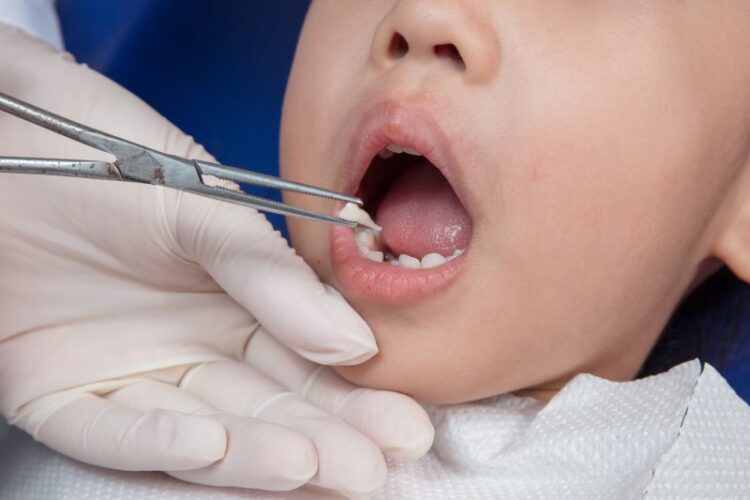Having a tooth extracted when it is not loose is not enjoyable, but it is sometimes necessary for your child. However, parents must understand when tooth extractions are necessary and how you may assist in preparing their kid for the experience at the pediatric dentist. You can consult a Silver Spring, MD pediatric dentist for more information.
When dentists recommend an extraction
Children are intended to lose their first set of teeth (primary teeth, sometimes known as “baby teeth”) around the age of six, and a tooth will not naturally loosen and fall out until the permanent teeth below push through the gums. However, certain children may have difficulties requiring tooth extraction before the permanent tooth is ready to emerge. The most prevalent reasons are as follows:
- Extensive deterioration that cannot be repaired with a filling or a root canal
- Overcrowding may create issues with jaw growth.
- A cracked or broken tooth that cannot be repaired
- To get ready for braces
When all other treatment options have failed, most pediatric dentists will consider tooth extraction as a final resort. Prematurely extracting a tooth can create issues with a child’s chewing, speech, and development, so consult the dentist about alternate options. Furthermore, if your dentist must extract baby teeth due to damage or decay, make sure they use a space maintainer to allow permanent teeth to emerge correctly when ready. Otherwise, when your kid grows older, existing baby teeth may slip out of position and cause issues when permanent teeth emerge.
Preparing your child for a tooth extraction
An extraction can be accomplished in two ways:
- A simple extraction in which the tooth is visible above the gum line can be done in a pediatric dentist’s office using local anesthesia.
- A more difficult extraction that necessitates the use of nitrous oxide or IV sedation.
In the latter situation, depending on the expertise of your pediatric dentist, you may need to collaborate with an oral surgeon.
It is a good idea to do everything you can to prepare your child for any extraction form. Most parents, however, are unsure how to do it in a way that would not alarm their children. In many circumstances, it is preferable to send your kid to a pediatric dentist or speak with the staff at your dentist’s office to find out how to talk about it properly so that there are no surprises and to prevent giving the child too much worry before the visit.

